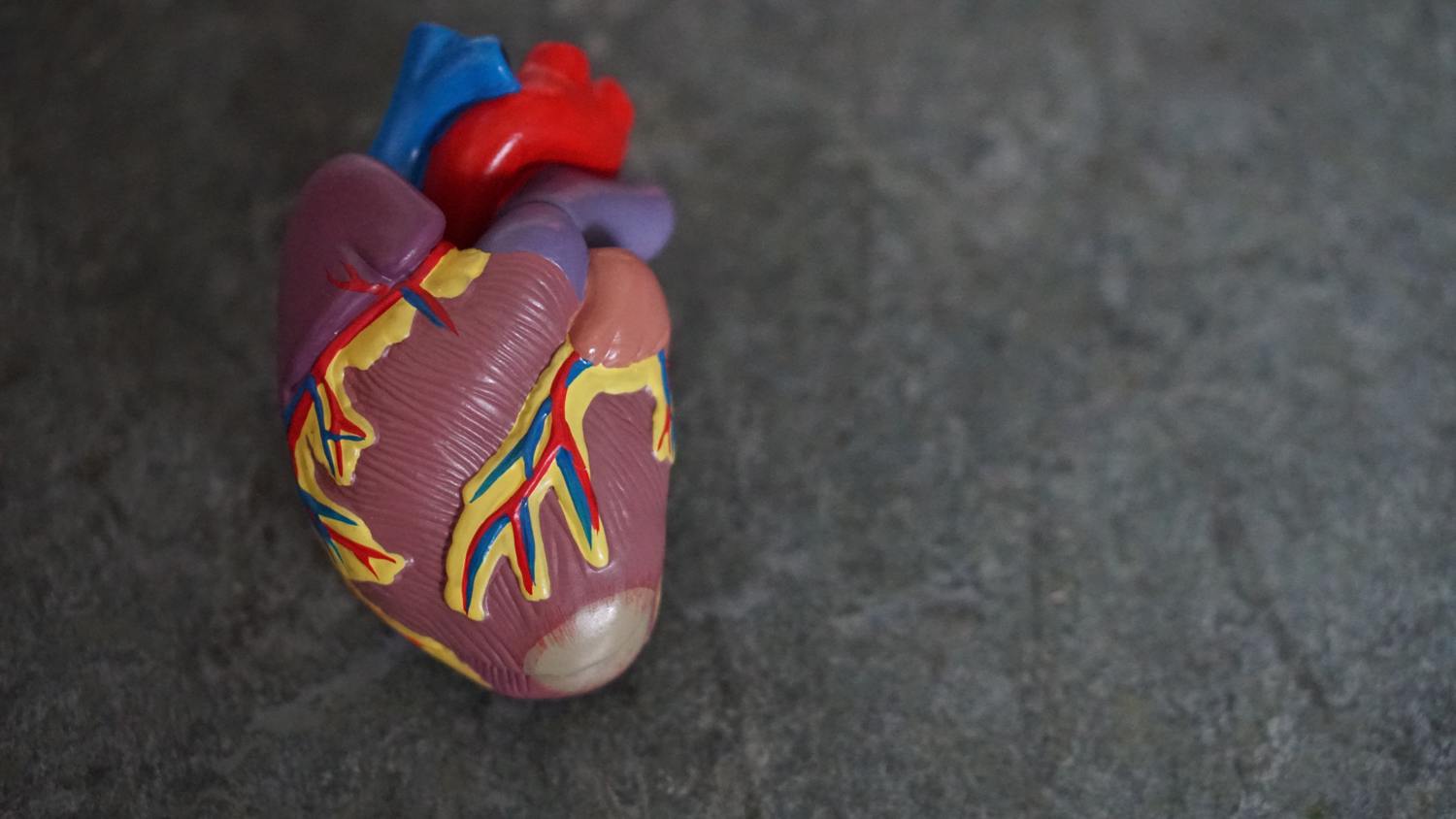What is High Cholesterol?
We all know high cholesterol is something we want to avoid. While cholesterol is necessary for the body to build healthy cells, high cholesterol levels can cause fatty deposits to form in your blood cells, making blood flow difficult. This can lead to health risks such as blood clots, and even a heart attack or stroke.
It is not something to be taken lightly.
Today, we are going to take a look at some of the side effects of high cholesterol.
Peripheral Artery Disease (PAD)
Did you know that high cholesterol can lead to leg pain? Oftentimes, this can go ignored. While it's easier to connect high cholesterol to chest pain, it's essential to be mindful of other side effects, such as leg pain or discomfort. Leg pain can actually be an early warning sign of heart problems, and is caused by Peripheral Artery Disease (PAD). PAD is caused by plaque build-up in the arteries, which obstructs blood flow from the legs, arms, stomach, kidneys, and feet. PAD can cause symptoms such as aching, cramping, and fatigue.
Coronary Artery Disease (CAD)
CAD is a type of heart disease that can be caused by high cholesterol. Plaque builds up and causes the main arteries, which disburse blood to your heart, to harden or narrow. While heart disease symptoms may vary between men and women, it is the number one cause of death in the U.S. for both sexes. Some symptoms of CAD include chest pain, nausea, shortness of breath, and neck or back pain.
Stroke
Because plaque buildup blocks blood flow, the brain may not receive the blood supply that it needs. This means the risk of stroke is heightened for those with high cholesterol. A stroke is one of the most severe things that can happen due to high cholesterol, as it is an emergency. Symptoms of a stroke can include sudden loss of balance, sudden dizziness, facial asymmetry, inability to move, and confusion.
Heart Attack
This is another big one and is also considered a medical emergency. Atherosclerosis is the name of the process when the arteries that supply blood to the heart slowly narrow due to plaque buildup. There are no immediate symptoms of atherosclerosis. If a piece of the plaque breaks off, it can then lead to a blood clot around the plaque. This clot will also block the blood flow, leaving the heart lacking oxygen and nutrients. This can lead to a heart attack, which is when the heart becomes damaged, or part of it dies due to the absence of oxygen. Symptoms can include heartburn, tightness or aching in the chest or arms, and trouble breathing. If you or someone you know experiences a heart attack, seek treatment immediately.
The only way to know if you have high cholesterol is by a blood test. That is why it is so important to check in with our health! Talk to your doctor if you have any questions or concerns about high cholesterol and its potential side effects. A doctor may suggest you have your cholesterol tested more often based on your genetic history. They also consider if you have high blood pressure, are overweight, or are a smoker.
It is extremely important that we all take the time to prioritize our health. There are many risks that can be avoided with the proper care.
